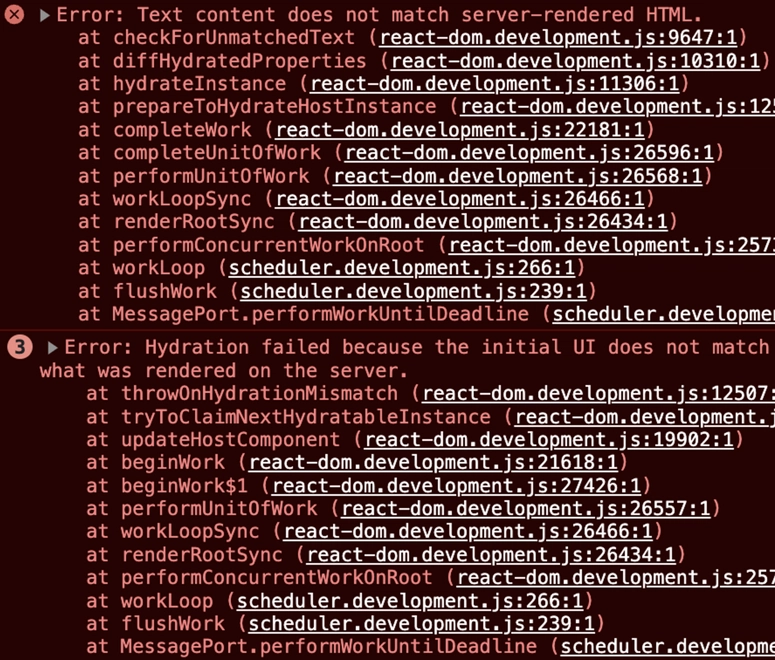Ruby on Rails 8 brings helpful updates for working with sharded databases. The new methods .shard_keys, .sharded?, and .connected_to_all_shards make it easier to manage multiple shards. If you handle sharded data, these tools can streamline your workflow.
How to Use the New Sharding Methods
Set Up Your Sharded Base Class
Begin by defining an abstract class that connects to your shards:
class ShardedBase < ActiveRecord::Base
self.abstract_class = true
connects_to shards: {
shard_one: { writing: :shard_one },
shard_two: { writing: :shard_two }
}
end
Here, ShardedBase connects to two shards: :shard_one and :shard_two.
Create a Sharded Model
Inherit from ShardedBase to create models that use these shards:
class ShardedModel < ShardedBase
end
Use the New Methods
- Get Shard Keys
Retrieve the list of shard keys:
ShardedModel.shard_keys
# => [:shard_one, :shard_two]
- Check if a Model is Sharded
Determine if your model uses sharding:
ShardedModel.sharded?
# => true
- Connect to All Shards
Run code across all shards:
ShardedBase.connected_to_all_shards do
ShardedModel.current_shard
# Perform actions on all shards
end
Practical Use Cases
1. Running Migrations on All Shards
Apply migrations or updates across every shard without manual switching:
ShardedBase.connected_to_all_shards do
ActiveRecord::Migrator.migrate("db/migrate/")
end
2. Data Aggregation Across Shards
Collect and combine data from all shards:
total_users = 0
ShardedBase.connected_to_all_shards do
total_users += ShardedModel.count
end
puts "Total users across all shards: #{total_users}"
3. Conditional Logic Based on Sharding
Adjust your code if the model is sharded or not:
if ShardedModel.sharded?
# Logic for sharded environment
else
# Logic for single database
end
4. Listing All Shards for Monitoring
Generate a list of shards for health checks or monitoring:
ShardedModel.shard_keys.each do |shard|
puts "Checking status of #{shard}"
# Add monitoring logic here
end
5. Parallel Processing on Shards
Improve performance by processing shards in parallel:
threads = []
ShardedModel.shard_keys.each do |shard|
threads << Thread.new do
ShardedBase.connected_to(shard: shard) do
# Perform time-consuming task
end
end
end
threads.each(&:join)
Why This Matters
Managing multiple database shards can be challenging. These new Rails methods reduce complexity:
-
.shard_keysgives you quick access to all shard identifiers. -
.sharded?lets you write code that adapts if sharding is in use. -
.connected_to_all_shardsallows batch operations across all shards effortlessly.
By using these tools, you save time and write cleaner code. Your applications become more scalable and maintainable.
Give these new methods a try to enhance how you work with sharded databases in Rails!









Top comments (0)